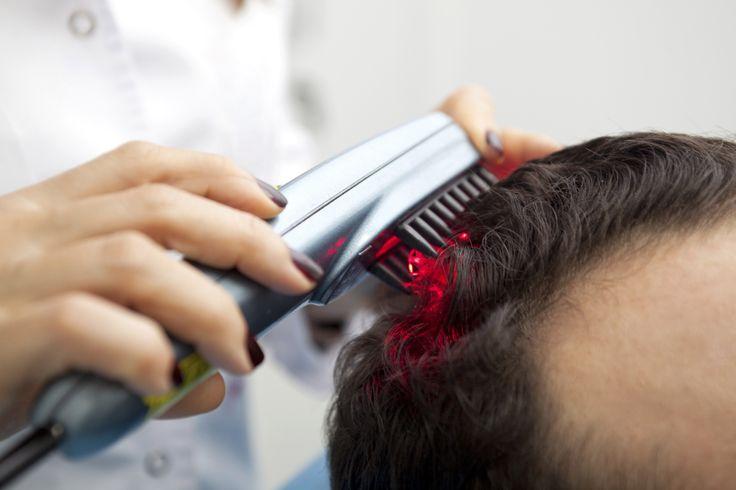Technological Advances in Hair Care
The Glowing Market of the Industry
By Xiao Qing, 8 January 2025
Driven by increasing demand and technological advancements, the global natural hair care product market size is projected to grow at a compound annual growth rate (CAGR) of 4.7% from 2020 to 2027, according to the report. The fast-paced lifestyle, stress, and environmental pollution have become major contributors to the increasing prevalence of hair loss across all age groups. This issue is closely related to emotional stress, sleep quality, and unhealthy diets in modern life. The hair loss industry has continuously innovated in response to this growing demand, from pharmaceutical treatments to leading-edge technologies. Many beauty professionals and haircare brands have started launching various hair loss prevention products in response to growing consumer concerns from the range of topical treatments like shampoos, serums, and conditioners to advanced therapies such as laser devices and hair supplements. Despite the wide range of modern technologies available, many consumers still find it difficult to guarantee effective results in the field of hair loss prevention.



In recent years, Low-Level Laser Therapy (LLLT) has become increasingly popular for treating hair loss. LLLT utilises low-intensity lasers or light to stimulate blood circulation in the scalp to encourage new hair growth and reduce hair loss. LLLT’s popularity is driven by its appeal as a non-drug-based solution for hair loss. The advance of this technology gives a new option to the consumer, who avoids the side effects and pursues for efficient therapy effect. According to various studies on low-level light therapy (LLLT), this solution for hair loss can be regarded as a therapeutic without adverse side effects compared with other treatments. However, LLLT promotes hair growth by stimulating the activity of scalp hair follicles. Once the treatment is discontinued, these follicles may revert to their original state, potentially leading to renewed hair loss. This phenomenon highlights that Low-Level Laser Therapy exhibits a certain degree of dependency. Thus, discontinuing the treatment may cause hair to return to its pre-treatment state, thereby increasing long-term costs.
On the other hand, the rise of consumer health consciousness has driven the clean beauty trend, prompting the introduction of natural and organic hair loss treatments. For example, numerous anti-hair loss shampoos containing active ingredients like biotin, ginseng, or kombucha, which improve scalp health and promote hair growth, have been introduced to the market. This trend caters to health-conscious buyers who prioritize ingredients that are gentle on both the scalp and the environment. According to the Natural Hair Care Product Market report by Grand View Research, approximately 40% of consumers base their purchasing decisions on whether a product’s ingredients are natural. Given their safe and natural composition, these hair care products often attract target consumers who are willing to try them. Nevertheless, the effectiveness of these treatments can vary from person to person due to factors such as individual scalp conditions, hair loss severity, and adherence to the recommended usage. Unlike clinical or pharmaceutical options that may deliver quicker outcomes, natural treatments focus on improving overall scalp health, which often means a slower pace of visible improvement.
In short, although technologies in the field of hair loss prevention continue to advance, the uncertainty of results remains a significant challenge for consumers and manufacturers. While LLLT offers a cutting-edge treatment option backed by scientific research and clinical evidence, naturopathy provides a gentler, more affordable approach focused on overall health, albeit with slower results. Consequently, consumers must carefully consider cost, time, and safety while recognising that no treatment can guarantee success. As market demand grows, addressing the stability of treatment outcomes and reducing costs will be critical priorities for the industry.

Want to Stay Updated on the Latest Beauty Industry Trends?
The International Beauty Expo (IBE) is making its grand return in June 2025 in Kuala Lumpur, Malaysia! Bringing together exhibitors from around the world, the event will showcase cutting-edge beauty products, technologies, and trends. It’s the perfect platform for industry professionals and beauty enthusiasts to exchange ideas and explore opportunities.
Stay tuned for more details on our website: https://ibe.my
Reference:
Natural Hair Care Product Market by Grand View Research:
https://www.grandviewresearch.com/industry-analysis/natural-hair-care-products-market
